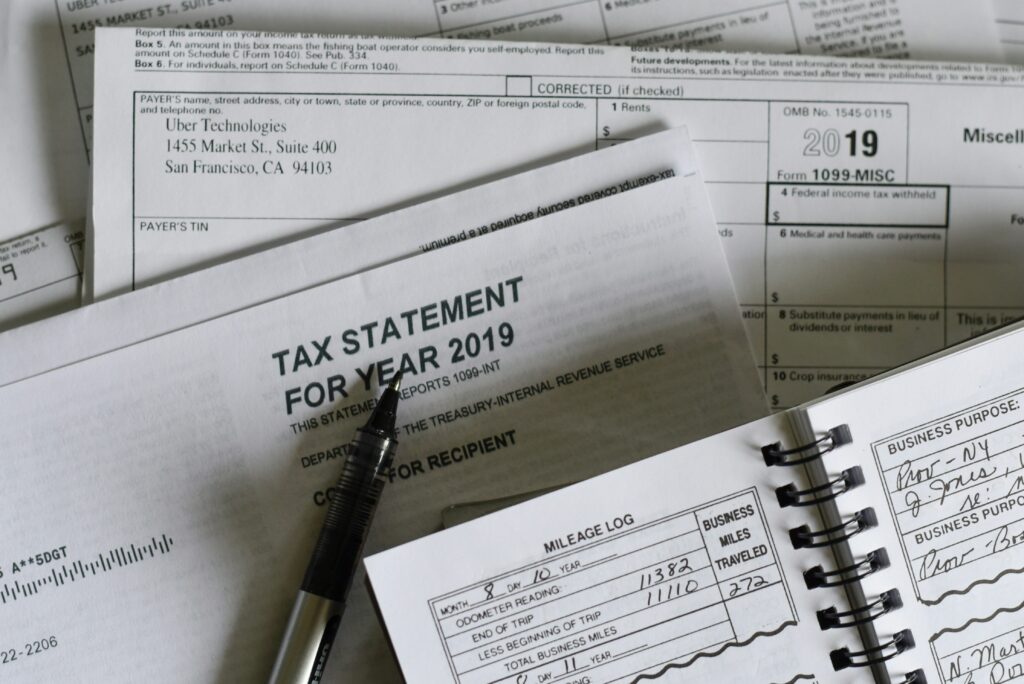Being an expatriate can be exhilarating and difficult at the same time. For expats looking to settle in Slovenia, among the numerous factors to take into account while relocating, understanding the levy system is essential. This article tries to offer a thorough overview of Slovenia’s tariff system to assist foreigners in navigating it, maintaining compliance, and maximizing financial rewards.

Tax residency and obligations
An individual must maintain a permanent house in Slovenia or live there for at least 183 days out of the year to be considered a tariff resident. Levy citizens must pay taxes on all of their income, whilst non-residents are only charged taxes on income with a Slovenian source. Within eight days of their arrival, expats who meet the requirements to be levy residents must register with the Financial Administration of the Republic of Slovenia (FURS).
Personal Income Tax
Slovenia has an income tariff system that is progressive, with rates ranging from 16% to 50%. Slovenia’s fiscal year runs from January 1 to December 31. By April 30 of the following year, expats must file an annual tax return and report their income. Among the significant exemptions and deductions accessible to ex-pats are:
Double Taxation Agreements (DTAs)
Slovenia has signed DTAs with numerous countries to avoid double taxation. Expatriates should review the relevant DTA to determine tariff obligations and exemptions.
Deductible expenses
Several expenses, including pension contributions, health insurance premiums, and social security contributions, can be written off against taxable income.
Tax credits
Expats may be eligible for various tax credits, including those for dependent family members, education expenses, and mortgage interest.
Social security contributions
Expats employed in Slovenia are required to make social security contributions. The contributions are shared between the employer and the employee, with rates varying depending on income. The contributions cover health insurance, pension insurance, unemployment insurance, and parental protection benefits. Expats need to understand their obligations and ensure compliance with social security requirements.
Value Added Tax (VAT)
Slovenia’s standard VAT rate, which is applied to the majority of products and services, is 22%. Food, books, and medications are a few examples of particular groups that are subject to reduced rates of 9.5% and 5%. A business must register for VAT if it conducts business in the country and its yearly income exceeds €50,000. Expats engaged in business activities must be aware of the VAT legislation, particularly the requirements for billing and filing.
Wealth Tariff
Slovenia does not tariff people’s wealth as many other nations do. Real estate is subject to a property tax, nevertheless. Expats with property in the country should be aware of their responsibilities and the rates that may apply, which vary by municipality.
Tax incentives and special regimes
Slovenia offers various levy incentives and special regimes to attract foreign investment and skilled professionals. These include:
Research and Development (R&D) Incentives
Companies that conduct R&D can take advantage of levy deductions and credits for qualified expenses.
Start-up Incentives
Slovenia provides financial aid and tax breaks to encourage entrepreneurship and new firms.
Special Economic Zones (SEZs)
Companies operating within SEZs enjoy specific levy benefits, including reduced corporate income tariff rates and exemptions from customs duties.
Tax compliance and professional assistance
Navigating Slovenia’s levy system can be complex, especially for expats unfamiliar with local regulations. Seeking professional assistance from tariff advisors or accountants specialized in international taxation is highly recommended. They can guide levy planning, and compliance, and ensure that expats take advantage of available deductions and exemptions.
Conclusion
For foreigners to successfully settle in Slovenia, they must be aware of its tariff structure. Expats can ensure compliance, optimize their tax status, and take advantage of their residence and employment in Slovenia by being aware of Slovenia’s levy residency rules, personal income tariff duties, social security contributions, and relevant levy advantages. To negotiate the intricacies of the tax structure and make wise financial decisions, it is essential to seek qualified guidance.
You may also find these articles helpful
Options of obtaining Slovenia Citizenship
